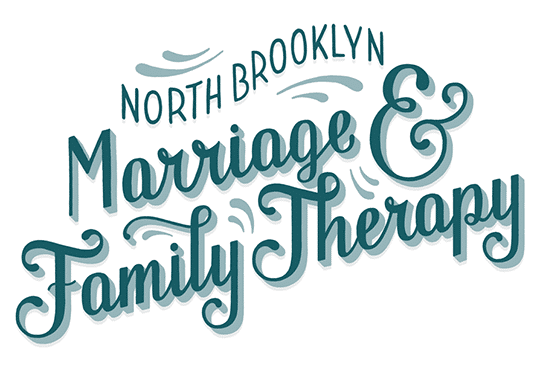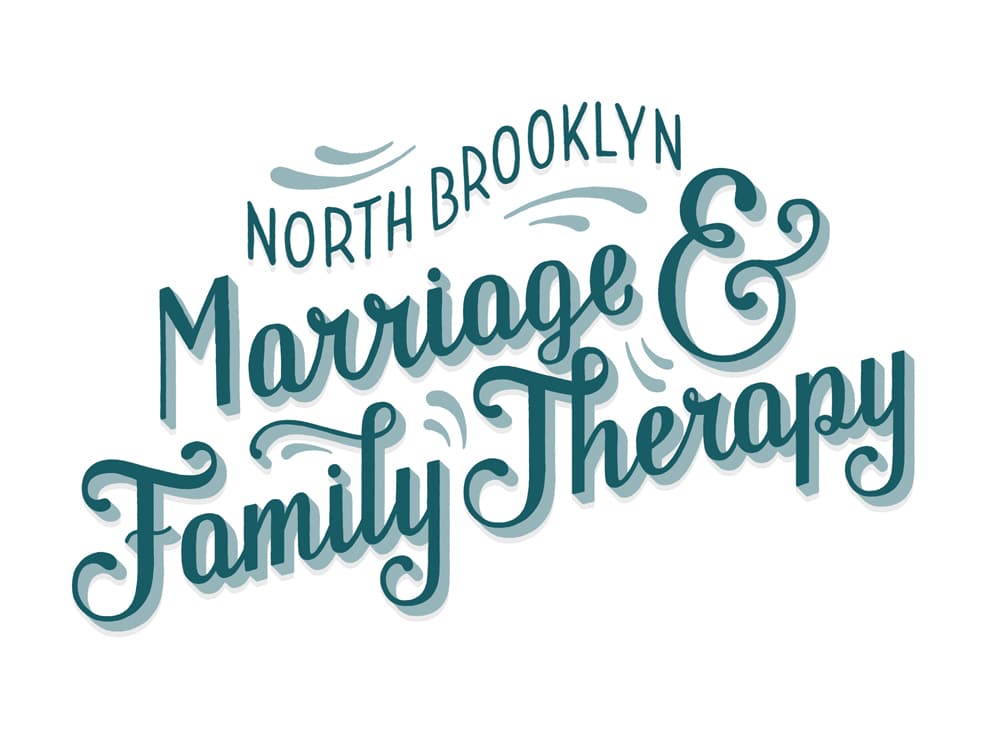
According to the Mayo clinic, post-traumatic stress disorder, or PTSD, is defined as “a mental health condition that’s triggered by a terrifying event — either experiencing it or witnessing it.” Last month, we celebrated Memorial Day in honor of the men and women who serve our country. While PTSD is widely recognized as being associated with atrocities of wartime, it is experienced by many non-veterans as a response to abuse, serious injury, intense illness, terrorist attack, loss of a loved one, etc.
Prevalence
According to NAMI, about “7.7 million [adult] Americans are affected by PTSD, but women are more likely to develop the condition than men.” However, according to PSTD United, “70% of adults in the U.S. have experienced some type of traumatic event at least once in their lives. This equates to approximately 223.4 million people.” That’s a very high number.
Signs and Symptoms
PTSD can look different for different people and can be in response to different incidents. However, some of the most common include memories, avoidance and change in mood.
Intrusive memories
One of the most common and distressing symptoms is intrusive memories. These can include recurrent, unwanted memories of the event, flashbacks, nightmares, and severe emotional distress or physical reactions to something that reminds you of the event
Avoidance
Avoiding can come in the forms of emotional or physical. Emotional avoidance can look like trying to avoid thinking or talking about the traumatic event. Physical avoidance means staying away from places, activities or people that remind you of the traumatic event.
Negative Changes in Thought or Mood
This can include, negative feelings about yourself or other people an inability to experience positive emotions, feeling numb, hopelessness about the future, memory impairment, including not remembering important aspects of the traumatic event, and difficulty maintaining close relationships.
A Shift in PTSD Treatment
Trauma-informed treatment is quickly becoming the standard of care. “Trauma informed care is an organizational structure and treatment framework that involves understanding, recognizing, and responding to the effects of all types of trauma. Trauma informed care also emphasizes physical, psychological and emotional safety for both consumers and providers, and helps survivors rebuild a sense of empowerment.” Trauma-informed care can be implemented in any setting, and here at North Brooklyn Marriage and Family Therapy, we use it as a way of conceptualizing the work we do with clients. SAMHSA offers a much more in-depth understanding of trauma-informed care but highlights these 6 principles as key to practicing under a trauma-informed theory.
6 Key Principles in Trauma-Informed Care
- Safety
- Trustworthiness and Transparency
- Peer support
- Collaboration and mutuality
- Empowerment, voice and choice
- Cultural, Historical, and Gender Issues
A Common Language – Know Your ACE Score
An ACE score is a tally of different types of abuse, neglect, and other hallmarks of difficult childhoods. An ACE score gives survivors of trauma a common language and an ability to validate and acknowledge past experiences without having to re-tell their stories each time. Want to know your ACE score? You can get it here.
Getting More Help
If you or someone you know is struggling with PTSD there are many resources linked throughout this post. Also, reach out to us here to be connected to a therapist who can help you navigate the complexities of PTSD with a trauma-informed approach.
By Linda Nelli, LMFT


